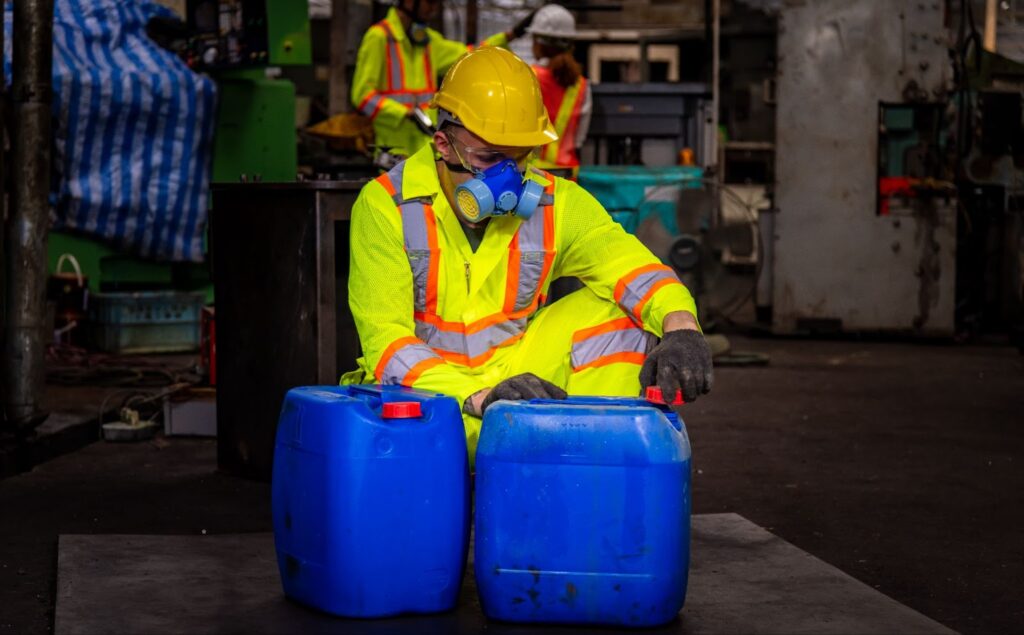Personalized tailoring services are the epitome of bespoke fashion, offering a unique and exceptional experience for those who seek a truly individualized style. Unlike off-the-rack clothing, which often comes with compromises in fit and style, personalized tailoring ensures that every garment is crafted to the exact specifications of the wearer, celebrating their body shape, preferences, and taste. This service is a fusion of expert craftsmanship and attention to detail, providing clients with a wardrobe that not only fits them perfectly but also embodies their personal style. The process of personalized tailoring begins with an in-depth consultation, where the tailor takes the time to understand the client’s needs, lifestyle, and fashion preferences. Whether a person desires a timeless, classic look or something more modern and experimental, the tailor’s expertise helps translate these ideas into wearable art. The tailor often offers advice on fabric choices, cuts, and designs, making sure that the end result is flattering, comfortable, and aligned with the client’s vision.

Each garment is made-to-measure, ensuring an exact fit. The best tailors bangkok takes measurements that go beyond the typical bust, waist, and hip measurements, incorporating details like arm length, shoulder width, and posture. This level of precision guarantees that the garment drapes perfectly and moves with the body, offering superior comfort and confidence. Furthermore, custom tailoring allows for the inclusion of personalized elements such as monograms, unique buttons, or specific finishes that make each piece truly one-of-a-kind. Personalized tailoring does not just cater to conventional styles; it celebrates diversity in fashion. Whether it is a business suit, a cocktail dress, or a casual jacket, the scope for creativity is limitless. Clients can experiment with various fabrics, colors, and cuts to create a garment that speaks to their personality. For example, some may opt for bold prints or unconventional textures, while others might prefer understated elegance with classic materials like wool or linen. Personalized tailoring also ensures that the garment works with the client’s wardrobe, coordinating seamlessly with existing pieces for maximum versatility.
Moreover, personalized tailoring services often go beyond just clothing. Accessories such as belts, scarves, and hats can also be custom-made to complement the outfit, ensuring a complete and cohesive look. This holistic approach to fashion allows clients to express their style fully and with confidence, knowing that every detail, from the fabric to the final stitch, has been carefully considered and expertly executed. For those who value sustainability, personalized tailoring offers an eco-conscious alternative to fast fashion. Since the garments are made to order, there is less waste and fewer items are produced that end up in landfills. This sustainable approach means that each piece is timeless, made to last, and tailored to fit the client’s evolving tastes. Ultimately, personalized tailoring services offer much more than just clothing; they provide an experience that connects the wearer to the craftsmanship and art of tailoring. Through careful design, attention to detail, and a focus on individuality, these services help clients embrace their unique style, creating garments that are not just worn, but celebrated.








